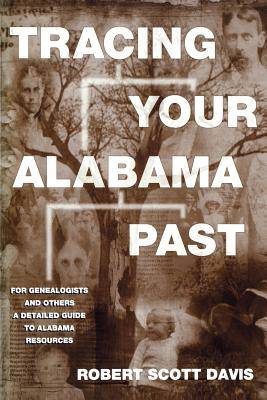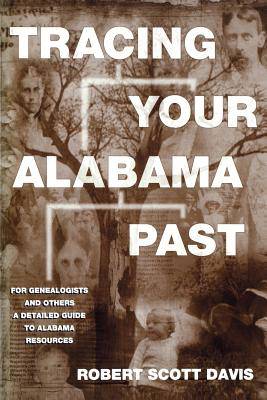
- Afhalen na 1 uur in een winkel met voorraad
- Gratis thuislevering in België vanaf € 30
- Ruim aanbod met 7 miljoen producten
- Afhalen na 1 uur in een winkel met voorraad
- Gratis thuislevering in België vanaf € 30
- Ruim aanbod met 7 miljoen producten
Zoeken
Omschrijving
For genealogists and others a detailed guide to informational resources in Alabama records Searching for your Alabama ancestors? Looking for historical facts? Dates? Events? This book will lead you to the places where you'll find answers. Here are hundreds of direct sources--governmental, archival, agency, online--that will help you access information vital to your investigation. Tracing Your Alabama Past sets out to identify the means and the methods for finding information on people, places, subjects, and events in the long and colorful history of this state known as the crossroads of Dixie. It takes researchers directly to the sources that deliver answers and information. This comprehensive reference book leads to the wide array of essential facts and data--public records, census figures, military statistics, geography, studies of African American and Native American communities, local and biographical history, internet sites, archives, and more. For the first time Alabama researchers are offered a how-to book that is not just a bibliography. Such complex sources as Alabama's biographical/genealogical materials, federal land records, Civil War�era resources, and Native American sources are discussed in detail, along with many other topics of interest to researchers seeking information on this diverse Deep South state. Much of the book focuses on national sources that are covered elsewhere only in passing, if at all. Other books only touch on one subject area, but here, for the first time, are directions to the Who, What, When, Where, and Why. Robert Scott Davis, a professor of history at Wallace State College in Hanceville, Ala., is the author of more than twenty books, including Requiem for a Lost City: Sallie Clayton's Memories of Civil War Atlanta and Cotton, Fire, and Dreams: The Robert Findlay Iron Works.
Specificaties
Betrokkenen
- Auteur(s):
- Uitgeverij:
Inhoud
- Aantal bladzijden:
- 280
- Taal:
- Engels
Eigenschappen
- Productcode (EAN):
- 9781578064922
- Verschijningsdatum:
- 21/10/2011
- Uitvoering:
- Paperback
- Formaat:
- Trade paperback (VS)
- Afmetingen:
- 153 mm x 233 mm
- Gewicht:
- 426 g

Alleen bij Standaard Boekhandel
+ 84 punten op je klantenkaart van Standaard Boekhandel
Beoordelingen
We publiceren alleen reviews die voldoen aan de voorwaarden voor reviews. Bekijk onze voorwaarden voor reviews.








